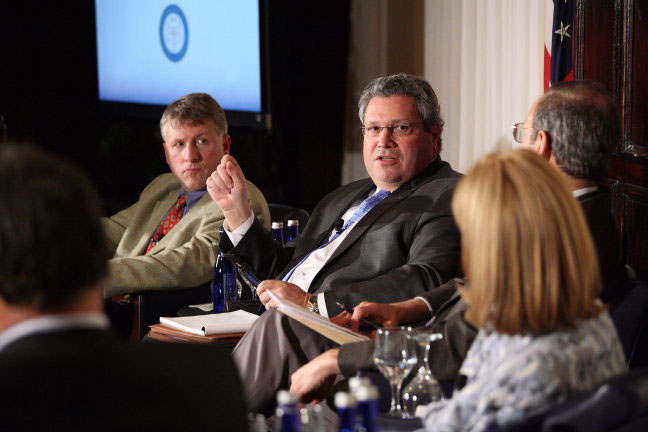We Are Realists Now…or Are We?

Since its foundation, War on the Rocks has aspired to what its founding editor calls an “ecumenical” form of realism. Its first article, introducing the venture, is worth recounting:
Realism teaches us how to think about the world, rather than what to think about it. It is a broad term that encompasses people of many opinions with a variety of party affiliations but all of whom believe in the centrality of fear, honor, and interest as drivers of inter-state affairs. Politics is power. À la Morgenthau, we understand power as ‘anything that establishes and maintains the power of man over man … from physical violence to the most subtle psychological ties by which one mind controls another.’ As such, while we focus on armed force, we do not dismiss ideas and social control as mechanisms for power.
When it comes to discussions of realism, however, two caveats are almost always introduced. The first is that there are few foreign policy practitioners and thinkers that would style themselves as “unrealistic.” The second is that realism — similar to related concepts such as the “national interest” — is highly contested terrain.
Robert Kagan, to give one prominent example, is normally classed as a “neo-conservative” thinker. Following his recent essay in The New Republic, there were a number of critiques (by Michael Lind, and Andrew Bacevich, notably) which emphasized the ideological impulses behind his foreign policy prescriptions. Their objection was partly to Kagan’s own claims to an alternative form of “realism” supported by a different version of the American past. Don’t be fooled, was their message, by a new entryist form of neo-conservatism. Behind Kagan’s usage of plausible realist language lurked another agenda, they said. Yet, in Kagan’s essay, he cited some of the most notable “realist” thinkers of the post-War period — such as the much underestimated Robert E. Osgood, whom he praised.
In April this year, shortly before Kagan’s essay was published, I discussed Anglo-American “realism” at length with him at a seminar at the Library of Congress. This was one of a series on realpolitik which I led in my time as the Henry A. Kissinger Chair at the John W. Kluge Center. The video is available here:
The discussion bears contemporary affairs — including the crises in Ukraine and Syria. But WOTR readers might be most interested in the discussion of varieties of realism in both American and British foreign policy. We go back to the European state system in the nineteenth century, through early America expansionism, appeasement and the end of the Cold War. The discussion also discusses the “realism” (or not) of Woodrow Wilson, Theodore Roosevelt, Henry Kissinger, Reinhold Niebuhr, Hans Morgenthau, Walter Lippman, Dean Acheson, and George H.W. Bush, among others.
John Bew is the Henry A. Kissinger Scholar at the John W. Kluge Center at the Library of Congress for 2013–2014. He is a Reader in History and Foreign Policy at the War Studies Department, King’s College London and a contributing writer at the New Statesman.
Photo credit: Miller Center

